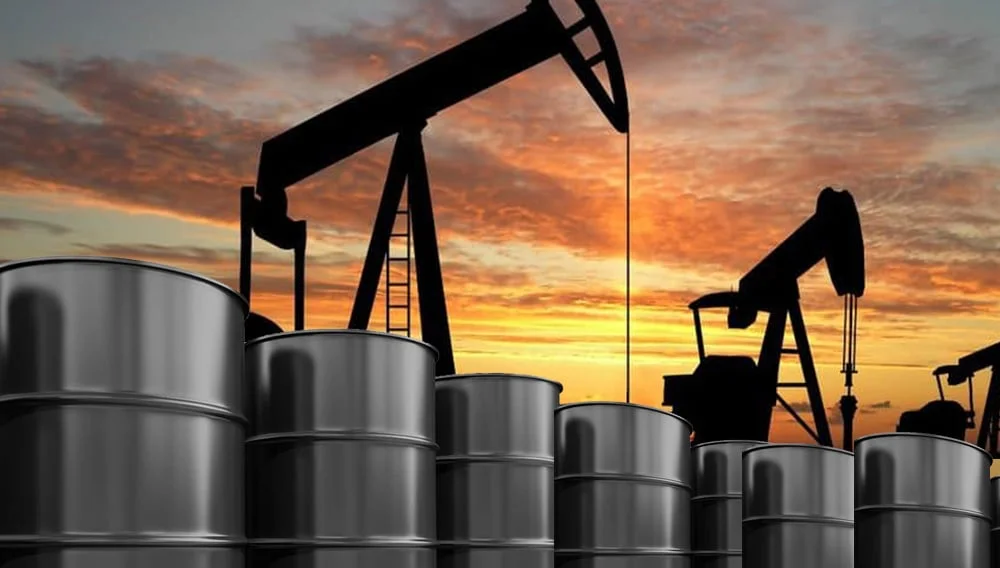Islamabad, Mar 9 2025: E&P Firms Invest $5 Billion in Pakistan’s Petroleum Sector. Pakistan’s oil and gas exploration and production (E&P) sector is witnessing a renewed wave of investment interest, with both local and international firms planning to inject over $5 billion into the country’s energy industry over the next three years.
This surge in investor confidence follows key amendments to the Petroleum Policy and the introduction of a dedicated Tight Gas Policy, designed to create a more attractive and competitive business environment.
These strategic policy reforms aim to unlock untapped energy reserves, boost domestic production, and enhance the country’s energy security while drawing significant foreign and local investments.
Over the past year, gas price adjustments have played a crucial role in stabilizing the financial health of major energy entities like Sui Northern Gas Pipelines Limited (SNGPL) and Sui Southern Gas Company (SSGC), ensuring a steady supply of gas for industrial and household consumers.
Additionally, the inclusion of Re-gasified Liquefied Natural Gas (RLNG) diversion in revenue calculations has helped control tariff disparities, improving the overall financial sustainability of the energy sector.
The allocation of gas from newly discovered reserves has further assisted in mitigating natural resource depletion, particularly during peak winter demand.
READ MORE:
Pakistan’s Short-Term Inflation Turns Negative After 7 Years
A landmark development in Pakistan’s energy landscape was the signing of the Consortium Agreement for the Machike-Thalian-Taru Jabba White Oil Pipeline Project on September 4, 2024.
This initiative underscores the government’s commitment to self-reliance in oil, gas, and mineral resources.The Petroleum Division has actively pursued reforms to address challenges such as declining exploration, outdated policies, and circular debt.
E&P Firms Invest $5 Billion, a significant breakthrough includes permitting E&P companies to sell up to 35% of their production to third parties, a move aimed at liberalizing the market and ensuring better cash flow management.
Additionally, a new high-risk exploration zone, Zone 1(F), was introduced, offering higher gas pricing incentives to attract investment. The newly launched Tight Gas Policy 2024 also provides lucrative benefits to encourage exploration in this segment.
E&P Firms Invest $5 Billion to strengthen Pakistan’s Petroleum sector, leading international consultancy firms, including DeGolyer and MacNaughton and Wood Mackenzie, have been engaged to integrate Geological & Geophysical (G&G) data and support offshore bid rounds.
Collaboration with the World Bank has also facilitated the development of a cash flow monitoring system and a circular debt management dashboard.
Gas allocation reforms remain a priority, ensuring industries receive equitable supply alongside domestic consumers. This balanced approach has stabilized production in key industries, such as fertilizer plants, reducing dependency on urea imports.
At the same time, stringent regulations have been implemented to curb the illegal import and distribution of hazardous petroleum products.
In the mining and minerals sector, global consulting firms are assisting in aligning local laws with international standards, with completion expected by mid-2025.
The successful resolution of the Reko Diq dispute has already attracted potential investment from Saudi Arabia, while coal gasification and gemstone exploration projects are fostering economic growth in regions such as Gilgit-Baltistan and Balochistan.
The Geological Survey of Pakistan (GSP) has been instrumental in conducting extensive mapping and geophysical surveys, covering over 51,200 square kilometers.
These efforts have not only provided critical data for mineral exploration and infrastructure development but have also created employment opportunities in remote areas, contributing to socio-economic progress.
Between January 2024 and December 2025, Pakistan generated substantial revenue from the energy sector, including Rs. 54.7 billion from oil royalties, Rs. 1.46 billion from gas royalties, and Rs. 2.07 billion in production bonuses.
Infrastructure expansion has also accelerated, with SSGC and SNGPL successfully implementing projects such as the 230-kilometer pipeline under the Shaheed Fahad Ashfaq Project and the installation of over 20,000 new gas connections.
These advancements have significantly improved access to gas, enhancing the reliability of Pakistan’s energy infrastructure. Through comprehensive reforms.
Strategic investments, and policy enhancements, Pakistan’s energy sector is now on a trajectory of sustainable growth, reinforcing its position as a key player in the region’s energy landscape.









